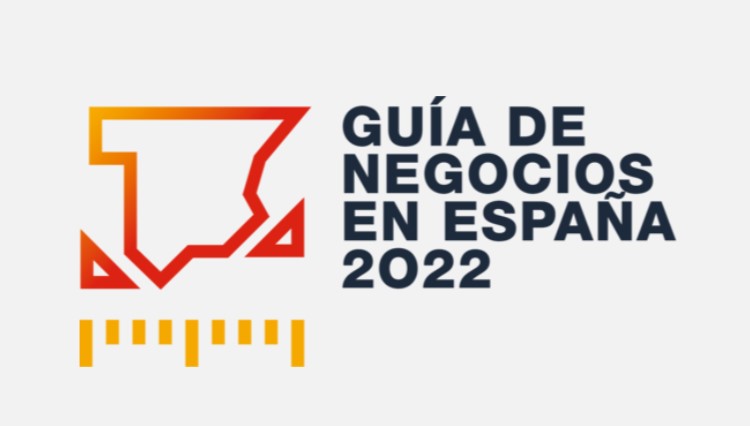The Diplomat
ICEX-Invest in Spain has launched the thirty-eighth edition of the Guide to Doing Business in Spain, prepared by the law firm Garrigues, which in 2021 attracted almost 135,000 users – three times as many as in 2020 – and which this year includes, among its new features, the changes introduced in the labor reform.
The guide – which is now available on the Invest in Spain website, free of charge, in both Spanish and English – summarizes, in almost 400 pages, the main regulatory aspects affecting investments in Spain, with special attention to the particularities that the Spanish legal system presents for foreign investment on corporate, tax, labor, money laundering, public aid, the financial sector, industrial and intellectual property, e-commerce, accounting and auditing law, among other regulatory aspects.
Among the novelties included this year, some of the most important are in tax matters, such as the extension of the deduction for investments in film productions, audiovisual series and live shows of scenic and musical arts, which could reach 30% of the first million of the base of the deduction and 25% of the excess. Also in the tax field, the guide includes another novelty such as the application of the reduced rate of 10% in the components of the electricity bill in favor of certain holders of electricity supply contracts.
Chapter IV of the guide, dedicated to explaining the main lines of subsidies and non-fiscal public aid available to investors in Spain, also includes some new developments, such as the approval of the new State Plan for Scientific, Technical and Innovation Research for the period 2021-2023 (PEICTI) or the instruments made available to companies by the Center for Industrial Technological Development (CDTI) to finance their R&D&I projects.
The document also includes the new line of aid for cinema promoted by the Instituto de la Cinematografía y de las Artes Visuales (ICAA), the approval of the first call of the Fondo de Apoyo a la Inversión Industrial Productiva (FAIIP), endowed with more than 600 million euros to finance industrial development operations, or a new measure for the Promotion of Competitiveness in the Pharmaceutical Industry, the PROFARMA 2021-2022 Initiative.
Equally, the guide mentions the new financing lines for supporting innovative SMEs, which are managed by the Empresa Nacional de Innovación (ENISA), and the changes introduced for the 2022 fiscal year in some of the numerous privileged financing lines of the Instituto de Crédito Oficial (ICO), such as ICO Empresas y Emprendedores, ICO Garantía SGR/SAECA, ICO Crédito Comercial, ICO Red.es Acelera or ICO Exportadores. Finally, Chapter IV includes an update of all the information included in the section on incentives and aid from European Union funds.
The publication dedicates another chapter to labor regulations, which incorporates, in this 2022 edition, the new features brought about by the latest labor reform, such as the modification of the regime of temporary contracts (with the aim of simplifying contracts and reducing the rate of temporary employment) and training contracts (to provide an ideal framework for the incorporation of young people into the labor market). Finally, reference is made to the regulations on transnational postings, which have been adapted to European Union law, increasing the guarantees and rights of posted workers.
The Guide to Doing Business in Spain is aimed not only at foreign investors who are approaching the Spanish regulatory environment for the first time, but also at those investors, Spanish or foreign, who already have some prior knowledge and want to learn more about the most relevant aspects related to the establishment and development of a company in Spain.
In addition, the guide is one of the most downloaded documents on the Invest in Spain website. Last year’s edition attracted 134,795 users, almost three times as many as the previous edition. Visits also increased significantly, with 157,885 visits, 172.4% more than the previous guide. With regard to the countries of origin of these visits, if we exclude Spain, which accounted for 61% of the total, Mexico, the United Kingdom and the United States are the three countries that generated the most visits, with 16,778 (10.63% of the total). Overall, the guide was consulted from 201 countries, including Spain, which is 15 countries more (+8%) than the 2020 Business Guide.







